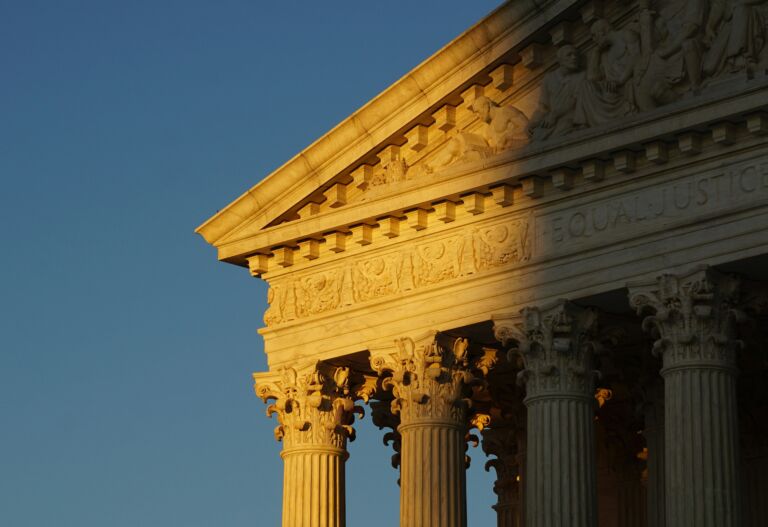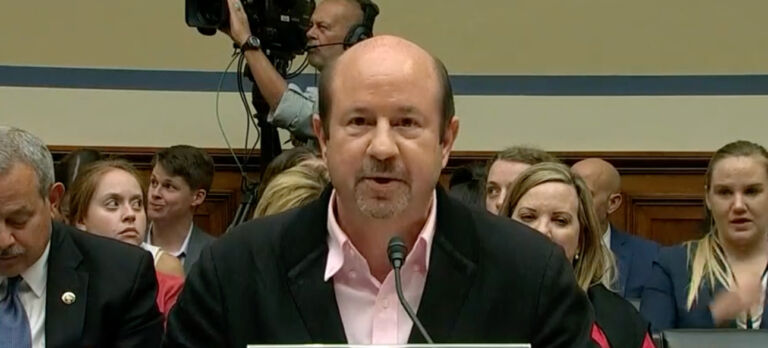Kevin Williamson of National Review Online takes aim at media pundits who offer questionable readings of constitutional provisions.
Perhaps one of our legal scholars could weigh in on this, but this in Mark Joseph Stern’s column about the Kennedy decision jumped out at me:
“In 2015, the school district learned of this practice and asked Kennedy to stop, asserting that his conduct violated the First Amendment’s establishment clause (which bars the government from ‘respecting an establishment of religion’).”
Surely the word “respecting” in the First Amendment is the preposition meaning “regarding” or “concerning” and not the verb? The usual historical reading of the First Amendment would suggest so, but Stern’s formulation here suggests not. The First Amendment prohibits Congress from creating a national state church and from interfering with the established churches of the states, which existed at the time the Constitution was ratified and continued to exist well into the 19th century, the Massachusetts disestablishmentarians being the last such group to succeed. A First Amendment that bars Congress from creating a national church is different from a First Amendment that bars Congress from respecting a church.
On a related note, on the Economist‘s “Intelligence” podcast, a legal reporter talking about the question of whether the Second Amendment protects an individual right to keep and bear arms read the amendment thus: “A well regulated Militia, being necessary to the security of a free State, the right to keep and bear Arms, shall not be infringed.” This omits the key words “of the people,” three words that go a long way toward answering the question the Economist was asking. A legal reporter should know better, and one might be forgiven for suspecting that he does.
We write our laws down for a reason. The people who write about them and speak about them professionally should do us all the favor of reading them carefully.


